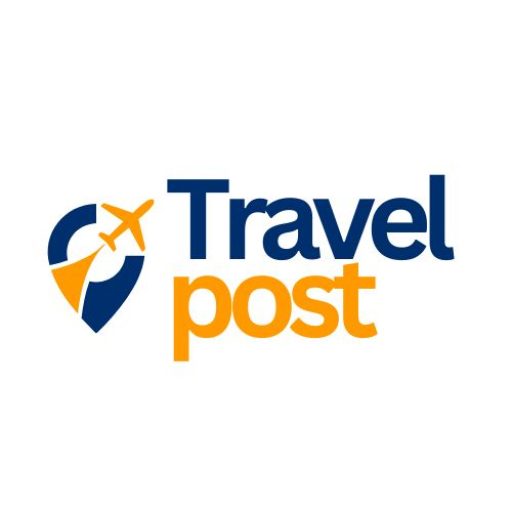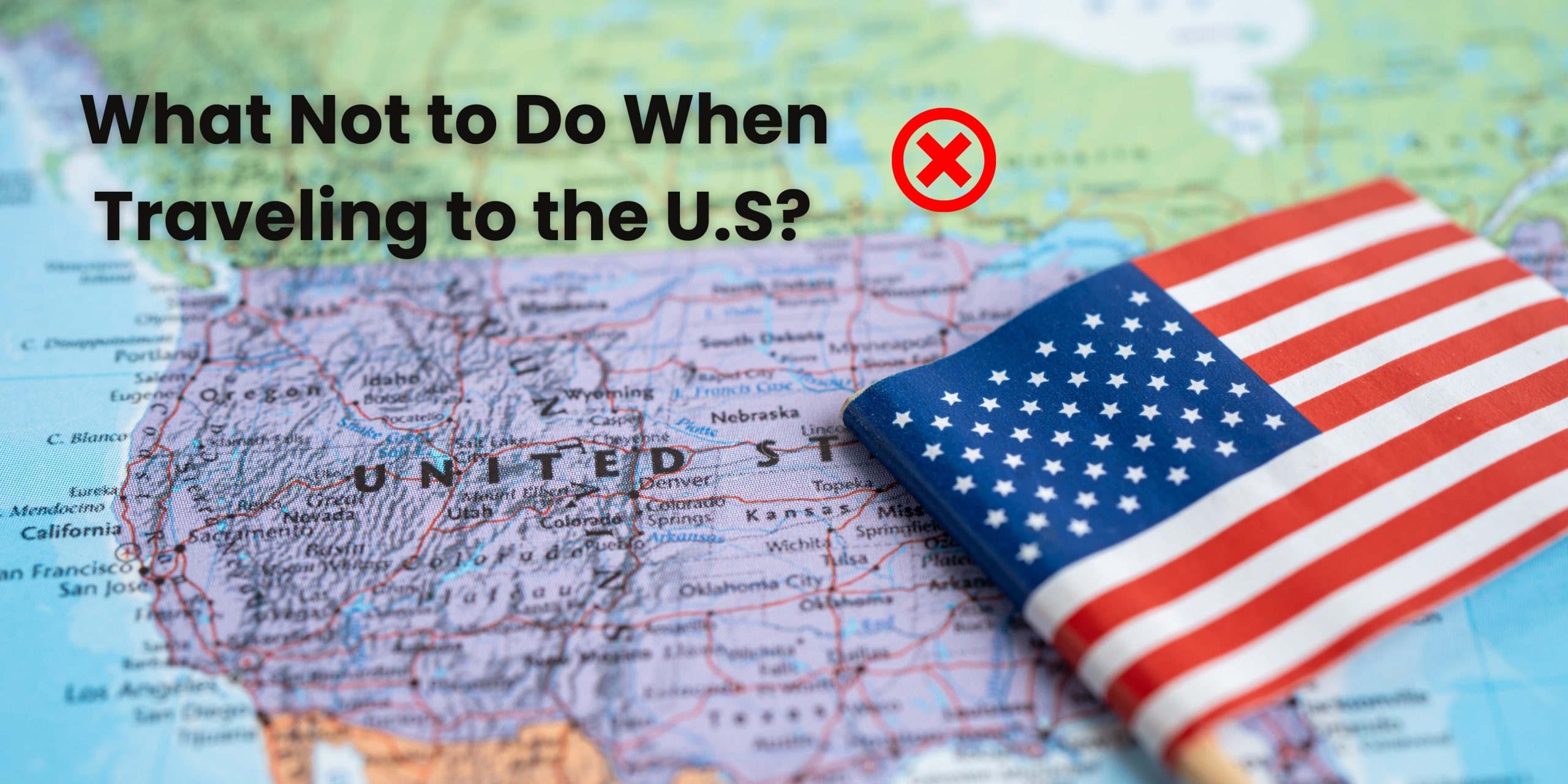The most important things not to do when traveling to the United States center on immigration formalities, customs compliance, money and tipping norms, safety etiquette, and digital privacy—missteps in any of these areas can lead to fines, delays, or denied entry at the border.
Don’t ignore entry rules
- Don’t travel without confirming the correct entry document (visa, ESTA, or other authorization) and ensuring it matches the trip purpose; border officers can refuse entry even with a visa if details don’t align or paperwork is inconsistent.
- Don’t assume a visa guarantees admission; CBP assesses eligibility on arrival, and minor discrepancies in supporting documents can cause detention or removal, as highlighted by recent cases emphasized in 2025 advisories and reporting.
Don’t bring prohibited items
- Don’t pack banned goods or undeclared restricted items; CBP prohibits categories like narcotics, certain weapons (e.g., switchblades), pirated media, and hazardous items, and requires strict compliance for wildlife and plant products.
- Don’t assume all food is fine; many fresh items are restricted, while only specific processed goods (e.g., baked goods, roasted coffee, hard cheeses) are generally allowed—always declare food to avoid penalties.
Don’t carry too much cash
- Don’t carry large amounts of cash around; theft risk and unwanted attention are higher—use cards and withdraw small amounts as needed rather than keeping big sums on hand.
- Don’t forget that amounts of USD 10,000 or more (or equivalent) entering the country must be declared to CBP; failing to declare can result in seizure and questioning.
Don’t joke about security
- Don’t make jokes about bombs, weapons, or security threats—especially in airports; even offhand comments can trigger law enforcement responses and missed flights.
- Don’t film or argue with officers during screenings; follow instructions calmly and ask for a supervisor if clarification is needed.
Don’t overlook tipping culture
- Don’t skip gratuities in common tipping scenarios; in restaurants, 15–20% is standard and often expected, with higher amounts for exceptional service or large parties where automatic gratuity may apply.
- Don’t ignore gratuities for transport and hotels; budget 15–20% for taxis/rideshares and private cars (check if included), plus small cash tips for hotel porters and housekeeping to align with norms.
Don’t assume public drinking is legal
- Don’t drink alcohol in public where open-container laws forbid it; local rules vary, and public intoxication can lead to citations or arrest in strict jurisdictions.
- Don’t carry alcohol visibly on streets or transit unless allowed; check city and state ordinances before consuming in public spaces.
Don’t neglect personal space and conduct
- Don’t crowd or touch strangers in queues and public places; American norms prioritize personal space, and physical contact can be perceived as intrusive.
- Don’t escalate conflicts; keep voices low in public and move disagreements to private spaces to avoid “disturbance” accusations.
Don’t post carelessly on social media
- Don’t overshare sensitive details about travel intent or work on public profiles before arrival; border screening can include reviewing publicly available social media to verify purpose and ties.
- Don’t travel with devices unlocked; power devices down before flights and use strong passwords to mitigate unauthorized access risks highlighted in recent travel privacy guidance.
Don’t skip official advisories
- Don’t rely solely on third-party blogs for safety and entry updates; check official advisories before departure for changes affecting entry, documentation, and transit safety.
- Don’t assume rules are static; proclamations and policy shifts (including nationality-specific restrictions) can change quickly and impact travelers mid‑trip.
Don’t forget declarations and receipts
- Don’t fail to declare high‑value purchases or restricted items when returning or arriving; keep receipts to substantiate value and avoid penalties.
- Don’t import counterfeit goods; CBP can seize fakes and impose fines, and transporting them can complicate future entries.
Quick etiquette recap
- Don’t skip tips in restaurants and rideshares; plan 15–20% as a default to avoid awkward situations and negative experiences.
- Don’t assume public drinking is allowed; verify local open‑container rules and consume alcohol responsibly and discreetly.
Avoid problems in the U.S. by aligning documents to trip purpose, declaring food and goods properly, budgeting for tipping norms, respecting personal space and local alcohol laws, and following security protocols—then double‑check official advisories for late‑breaking changes before departure.





